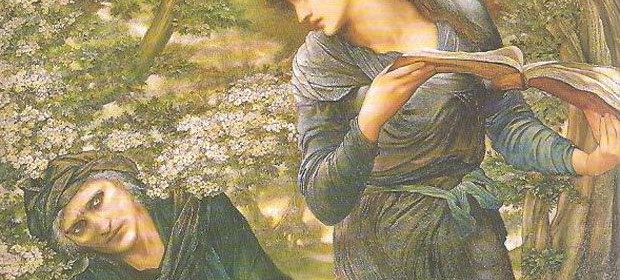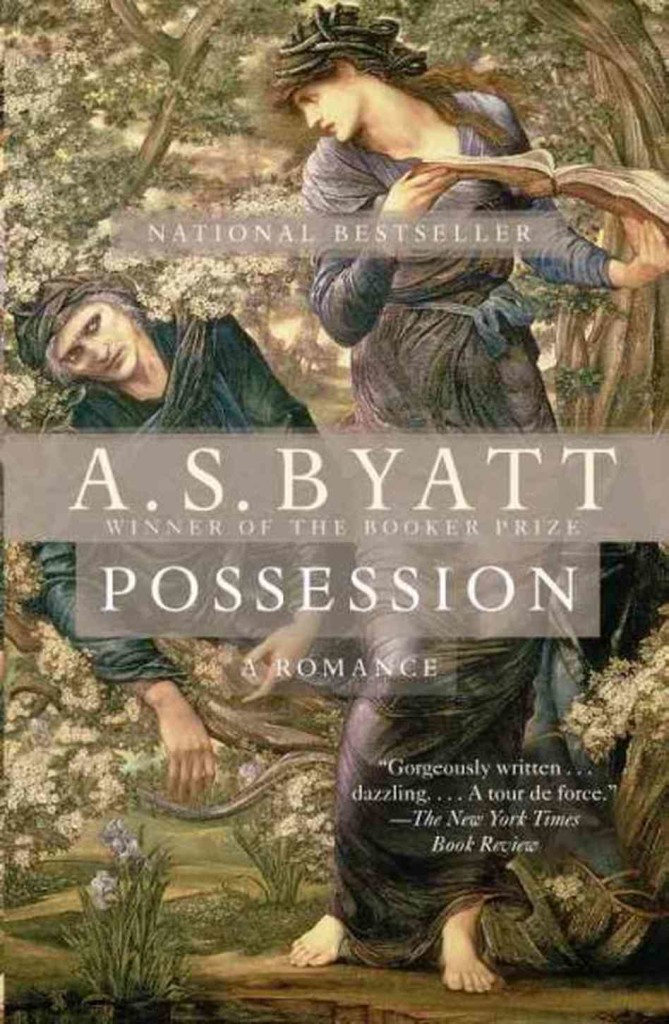Why-study-literature 1

Why-study-literature
by Dr. Sarah Dillon
In her latest research project, Dr Sarah Dillon, a lecturer in the Faculty of English at Cambridge, reveals how an appreciation of literature can influence scientific thought and practice
At a time when university funding is being cut on both sides of the Atlantic, every academic discipline is now faced with the task of justifying its worth. The arts and humanities face a particular challenge since the benefit of these disciplines is immeasurable by the standard currently favoured – namely, quantifiable economic impact.
In response to this challenge, clear voices are now echoing through the liberal arts corridors of academia, championing the importance of subjects such as literature. They argue that the close study of texts teaches a student how to read carefully and think critically; it gives students access to ways of living, of thinking, of acting, which they might never experience otherwise; it opens students’ minds to the past, to the present and to the future, forcing them to see beyond their own time and place, and in doing so to reflect critically upon it.
Studying literature at university produces individuals who are trained to think, to scrutinize and to challenge; who are skilled at paying attention to language and who are acutely aware of the power that it wields. It prepares citizens who are willing and able to challenge the structures of power and the dominant discourses they encounter when they enter the global workplace; it produces socially and ethically conscious individuals who know about the overwhelming cultural, political and environmental crises we face in the contemporary world, and who have the desire and ability to do something about them.
Such arguments for the value of studying literature are powerful and their rhetoric compelling; as students of literature themselves, those who make them are living proof of their validity. But where else might we look for such evidence? And how do we convince those in the corridors of power of the dangers faced if universities are not supported in the cultivation of such critically astute individuals? The research project in which I am currently involved provides just one of many possible answers to these questions.
On ‘What Scientists Read’, I have teamed up with a sociologist, a scientist and a creative writer in order to investigate what scientists read, and what influence literature has on their scientific thought and practice. In 2012 we interviewed scientists across Scotland about their reading habits from childhood onwards, and we are still receiving posts on our website from scientists around the world. From this qualitative research, we now have evidence to support and expand many of the claims for the value of reading literature I have outlined; and we are
disseminating those results in academic publications, public engagement activities, and in a report for policy makers.
From taking part in this project I have learnt that we must not be afraid to look beyond our own disciplines for different models of measurement; and that we must go out into the world beyond the university to educate those who no longer move within its walls. But we must also not forget that literature itself is a most powerful body of evidence – no one who has read Yevgeny Zamyatin’s dystopian novel We could any longer believe that a world without reading, without writing, without literature and the imagination, is one in which any of us would wish to live.
END.
Furthermore
http://www.cam.ac.uk/research/discussion/novel-thoughts-2-clare-bryant-on-as-byatts-possession
In her latest research project, Dr Sarah Dillon, a lecturer in the Faculty of English at Cambridge), reveals how an appreciation of literature can influence scientific thought and practice.
The University is committed to developing excellence in the study of literature. As part of our
600th Anniversary campaign, we are seeking funding for an Endowed Lectureship in American
Literature and enhanced support for our Institute for Contemporary and Comparative
Literature. For further information about these projects, please contact Rita Cummings: E: rc76@st-andrews.ac.uk T: +44 (0)1334 461915

‘Possession”by A.S. Byatt is one of my favorite modern literary novels on which, for the time being, I yearn to make at least a brief introduction. But then the video herein too would serve the purpose of the basic introduction. Enjoy. bunpeiris
New film series Novel Thoughts reveals the reading habits of eight Cambridge scientists and peeks inside the covers of the books that have played a major role in their lives. In the second film, Professor Clare Bryant talks about how AS Byatt’s Possession inspired her not to turn her back on her life as a scientist.
Professor Clare Bryant from Cambridge’s Department of Veterinary Medicine explains how reading AS Byatt’s Possession at a crucial point in her early career reminded her of the excitement of research and persuaded her not to turn her back on her life as a scientist.
Here she talks about this favourite book as part of ‘Novel Thoughts’, a series exploring the literary reading habits of eight Cambridge scientists. From illustrated children’s books to Thomas Hardy, from Star Wars to Middlemarch, we find out what fiction has meant to each of the scientists and peek inside the covers of the books that have played a major role in their lives.
‘Novel Thoughts’ was inspired by research at the University of St Andrews by Dr Sarah Dillon (now a lecturer in the Faculty of English at Cambridge) who interviewed 20 scientists for the ‘What Scientists Read’ project. She found that reading fiction can help scientists to see the bigger picture and be reminded of the complex richness of human experience. Novels can show the real stories behind the science, or trigger a desire in a young reader to change lives through scientific discovery. They can open up new worlds, or encourage a different approach to familiar tasks.
